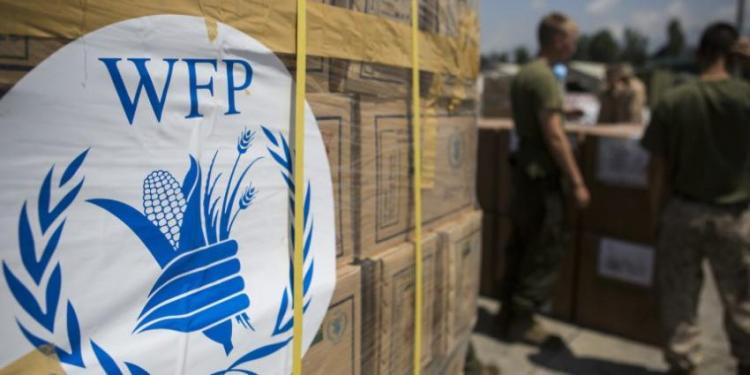FAO/WFP report: Rainfall improves agricultural crops in Syria while prices continue to rise
Northern Syria – North-Press Agency
Plentiful of rainfall in Syria’s agricultural areas, as well as relative improvements in security, have boosted this year’s harvest compared to the last year, yet, the rising prices of food are continuing to increase the burden that weighs many Syrians, According to a new report by the United Nations.
Crop and Food Security Assessment Mission (CFSAM) has made a report which was organized by the UN Food and Agriculture Organization (FAO) and the World Food Program (WFP), the report indicates that wheat production for this year is estimated at about 2,2 million metric tons, compared to last year’s, which was the lowest production over the previous 29 years, as it was estimated at about 1,2 million tons.
However, the production is still well below the pre-crisis average of 4,1 million tons in 2002-2011.
While the production of barley which was estimated at about 2 million metric tons, was five times higher than it was in 2018, exceeding the average production levels which were achieved prior to the crisis by more than 150 percent.
Food security still poses a serious challenge due to continued local conflict, waves of displacement, and the increased numbers of new returnees, and the vulnerability of communities after nearly nine years of conflict, the report indicated.
“After nine years of crisis, the people of Syria, including those who are returning to their villages, continue to face great challenges. Many struggle to feed and educate their children. WFP remains committed to delivering assistance which helps them to survive and eventually to rebuild their lives”, said Corinne Fleischer, Syria Country Director in WFP.
Challenges of the farmers
The report of the World Food Program (WFP) has mentioned that the occurrence of fires in the agricultural crops has increased, as the burning of about 85000 hectares of agricultural crops were recorded. The report added that beside the accidental fires, there is evidence to suggest that some fires were deliberately started.
“In a joint FAO / WFP project, 14450 of the poorest farmers in the governorates of Hasakah, Raqqa, Deir ez-Zor, Aleppo and Hama were supplied with wheat seeds, enabling them to cultivate”, according to the report.
“The governorate of Tartous, which has a high rainfall of about 900mm, has recorded about 2,200mm during this season”.
Moreover, the report indicates that the heavy rainfall led to an increase in the production of fruits and vegetables, despite the loss of some production due to spoilage, because of high fuel prices, local insecurity and lack of refrigeration trucks, which hindered access to the country’s markets.

